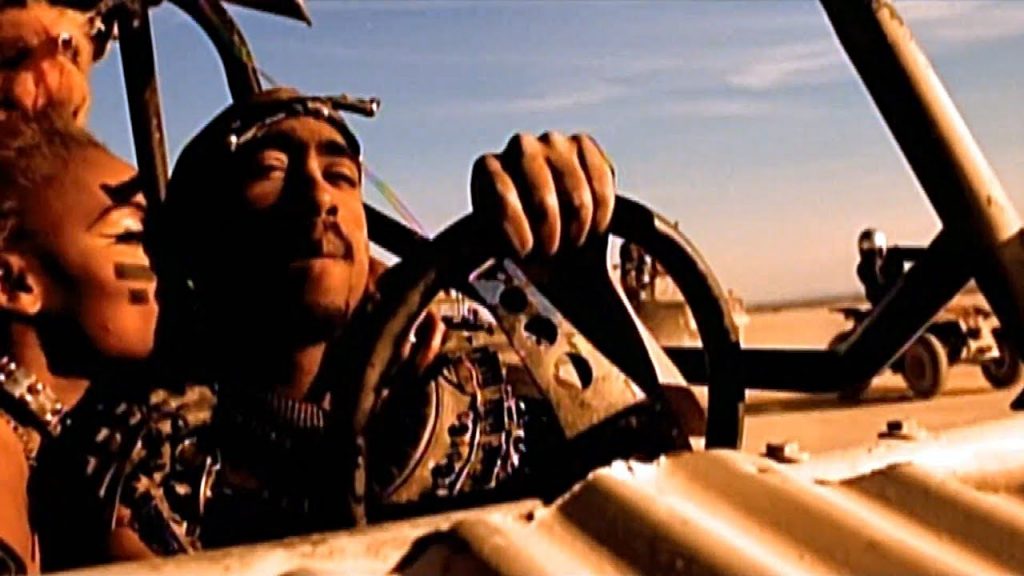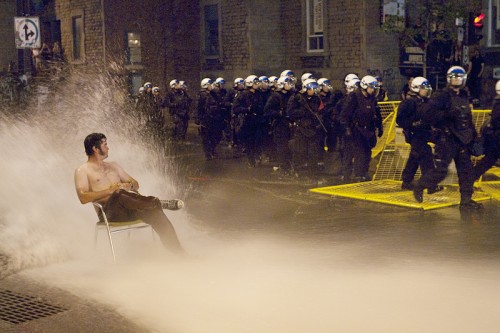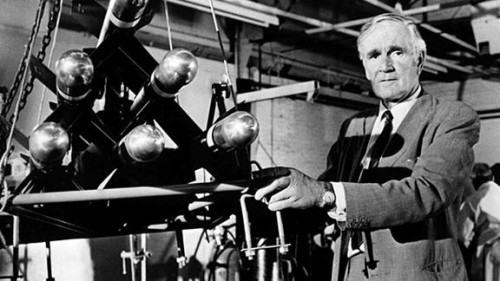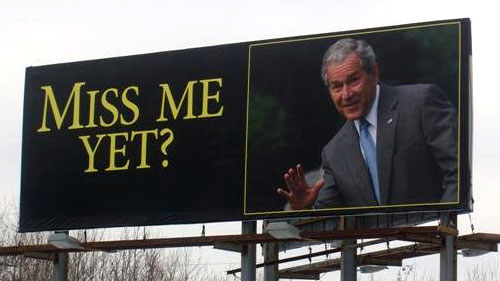
On election day let’s gather round as Californians and celebrate for a moment how important our voices are and that the be heard. How important our massive crop of electoral votes are and how influential they are in selecting the next leader of the Free World. Let’s also consider whether any of that is the case.
Many have argued that the electoral college system undervalues the votes of people in highly-populated states, with small (low-population) states having more electors per capita than large (high-population) states. That’s not what I’m talking about here. I’m talking about the actual effect of how California uses our piece of the pie. To take an arbitrary round number, let’s take a look back at the past 25 presidential contests from 1916 to 2016. A full century of results that encompass many shifts in norms, changes in party policies, and societal development. Pardon the table.
| Year | Winner | Our Pick | Our Votes | Winning Margin |
|---|---|---|---|---|
| 1916 | Wilson | Wilson | 13 | 23 |
| 1920 | Harding | Harding | 13 | 263 |
| 1924 | Coolidge | Coolidge | 13 | 246 |
| 1928 | Hoover | Hoover | 13 | 357 |
| 1932 | Roosevelt | Roosevelt | 22 | 413 |
| 1936 | Roosevelt | Roosevelt | 22 | 515 |
| 1940 | Roosevelt | Roosevelt | 22 | 367 |
| 1944 | Roosevelt | Roosevelt | 25 | 333 |
| 1948 | Truman | Truman | 25 | 114 |
| 1952 | Eisenhower | Eisenhower | 32 | 353 |
| 1956 | Eisenhower | Eisenhower | 32 | 384 |
| 1960 | Kennedy | Nixon | 32 | 84 |
| 1964 | Johnson | Johnson | 40 | 434 |
| 1968 | Nixon | Nixon | 40 | 110 |
| 1972 | Nixon | Nixon | 45 | 503 |
| 1976 | Carter | Ford | 45 | 57 |
| 1980 | Reagan | Reagan | 45 | 440 |
| 1984 | Reagan | Reagan | 47 | 512 |
| 1988 | H.W. Bush | H.W. Bush | 47 | 315 |
| 1992 | B. Clinton | B. Clinton | 54 | 202 |
| 1996 | B. Clinton | B. Clinton | 54 | 220 |
| 2000 | W. Bush | Gore | 54 | 5 |
| 2004 | W. Bush | Kerry | 55 | 35 |
| 2008 | Obama | Obama | 55 | 192 |
| 2012 | Obama | Obama | 55 | 126 |
| 2016 | trump | H. Clinton | 55 | 77 |
A pattern emerges. For every election in which California’s votes went to the winner, the race was won by more electoral votes than California contributed. In each case, had California simply not selected our electors the results would have stood.
In which of those years would flipping California have changed the outcome? Flipping a state is a big deal; not only do you deny your opponent those electors but you gain them yourself. Remove from consideration the elections that didn’t go with California (1960, 1976, 2000, 2004, and 2016). Those races would have gone the same way with the winner getting extra votes. If California had flipped in 1916 Charles Evan Hughes would have been elected. If we had flipped in 1976 Gerald Ford would have been re-elected.
I propose we Californians calm down a bit about how the presidential vote gets tallied this year and in the foreseeable future. For presidential election purposes we are a protectorate, a non-voting territory that acts as a campaign piggy bank and little more. This isn’t a partisan matter. Republicans and Democrats alike have no cause to care about your vote at the top of the ticket.






